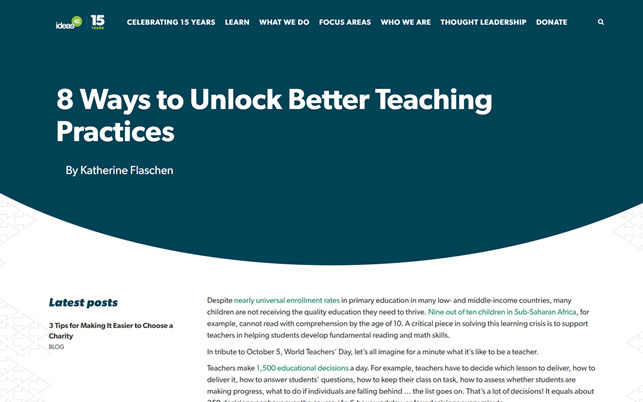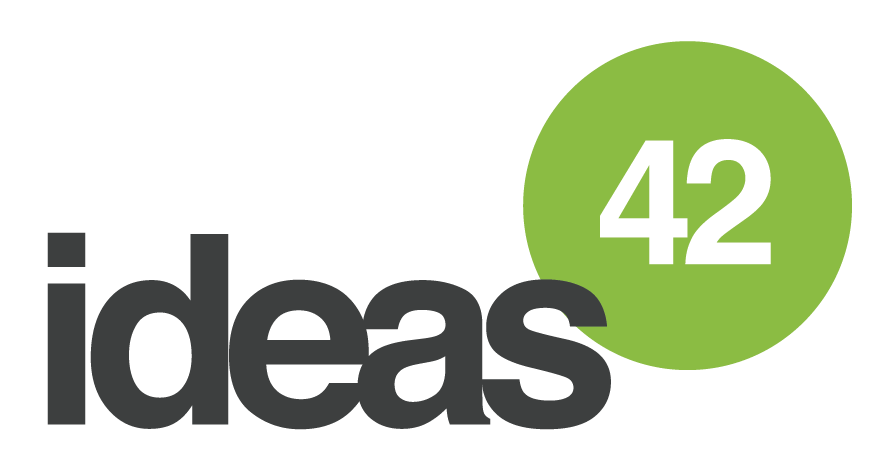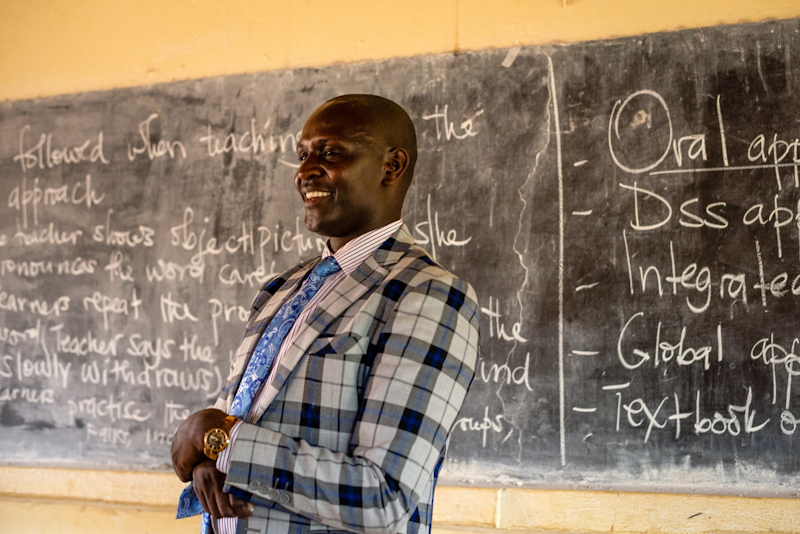




The evidence base for educational interventions and instructional practices that can improve FLN outcomes at scale is growing. However, educational actors—such as teachers, coaches, school principals, and government officials—don’t take up these practices as often as they might. Adopting new pedagogical practices and resources often requires these actors to engage in new behaviors, such as teaching based on learning level rather than age, providing constructive and actionable feedback to teachers, or making decisions driven by educational data. Yet programs that aim to improve FLN outcomes do not frequently consider how these actors make decisions and take actions.
Behavioral science—the study of how people make decisions and take actions—offers the opportunity to help more educational actors adopt pedagogical best practices by:
(1) understanding the behavioral barriers preventing these actors from utilizing these methods,
(2) designing FLN programs in ways that address these barriers,
(3) testing the impact of the designs on behavior, and
(4) scaling and adapting proven solutions to new contexts.



|
Leveraging Behavioral Science to Improve FLN Programs (on SoundCloud) Click here to listen |

|
Leveraging Behavioral Science to Improve FLN Programs (on Spotify) Click here to listen |